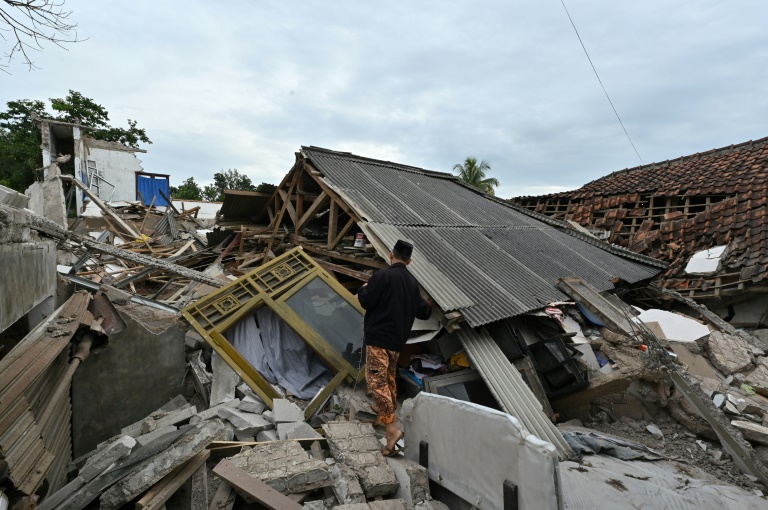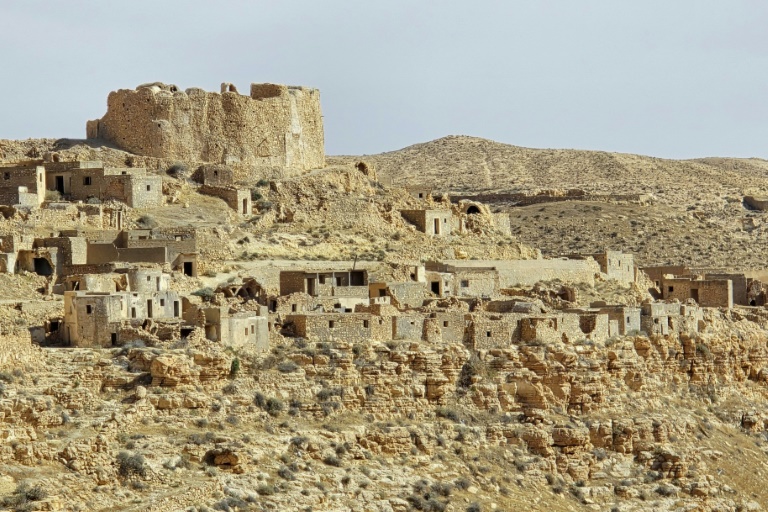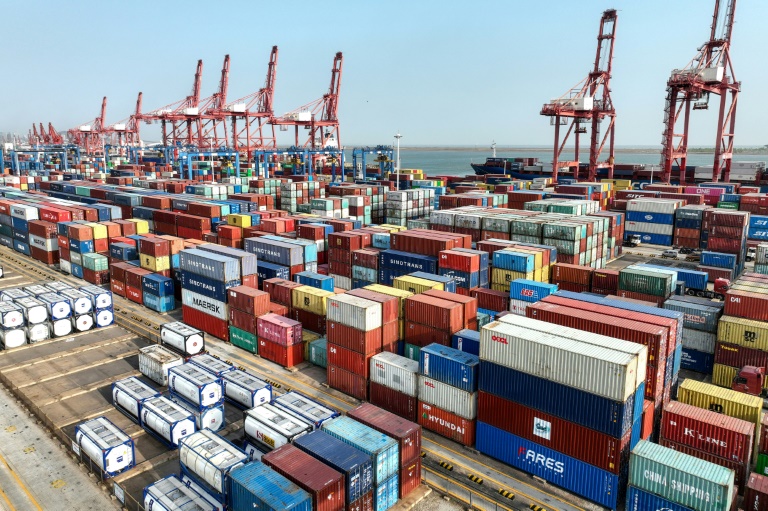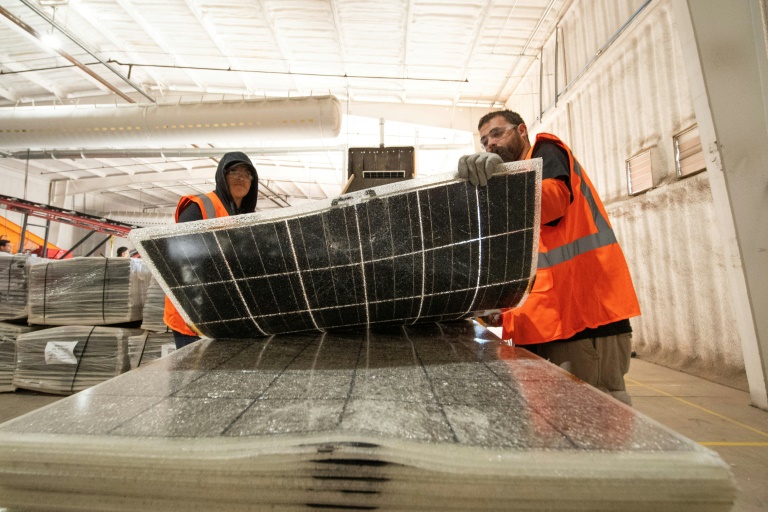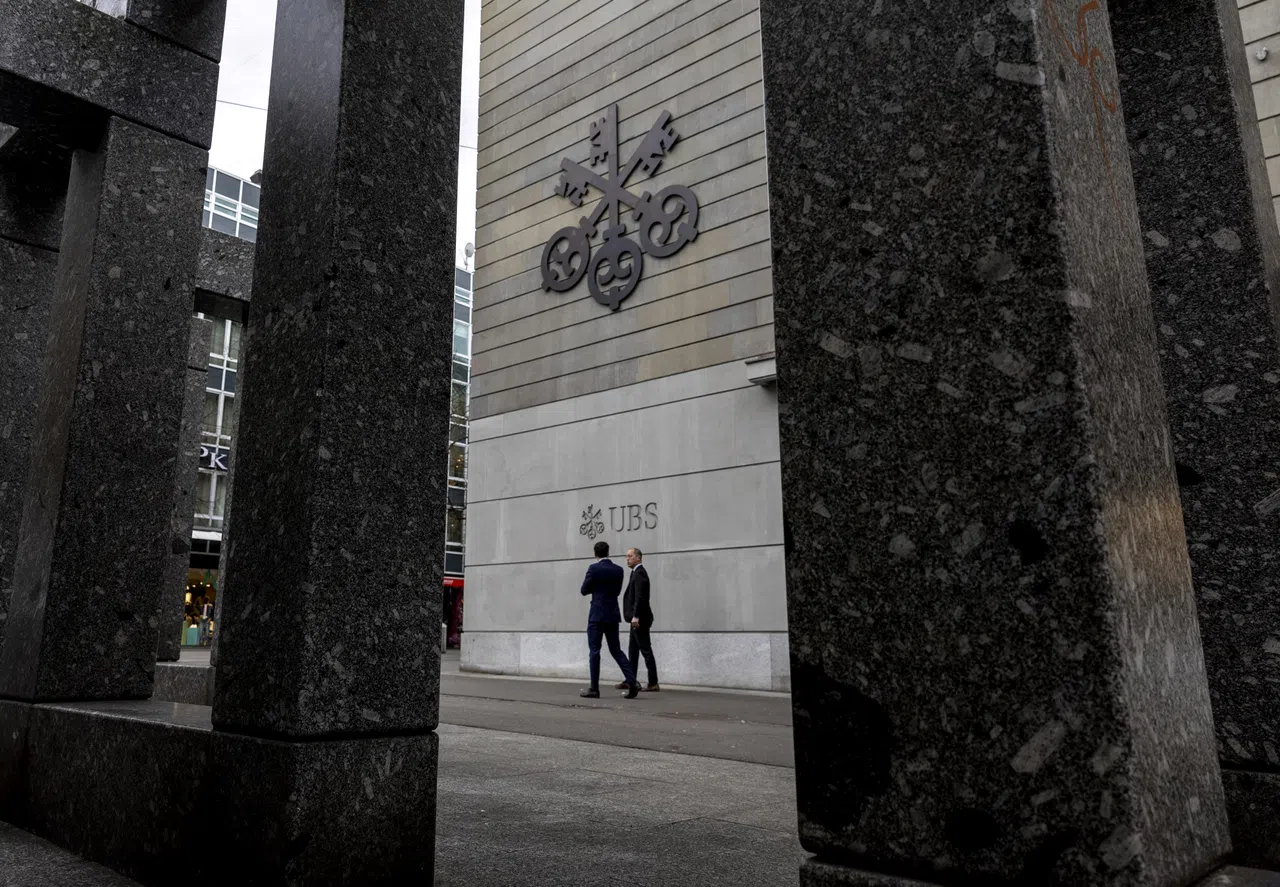Survivors of an Indonesian earthquake that killed at least 268 people appealed for food and water Wednesday, as rescuers picked through devastated villages with hopes of finding anyone alive fading.
The calls for help came as authorities warned that debris from landslides caused by the strong quake near the town of Cianjur in West Java needed to be cleared ahead of heavy rains forecast in the coming weeks, threatening a second disaster.
Two days after the quake flattened their homes, residents were still trying to retrieve priceless belongings including family photos, religious books and marriage certificates.
“Although some supplies have arrived, it is not enough. We got rice, instant noodles, mineral water but it’s not enough,” Mustafa, a 23-year-old resident of Gasol village, told AFP.
He had just dug through the rubble of an elderly neighbour’s house at her request, appearing from the destroyed facade carrying a pile of clothes before returning to collect rice, a gas stove, canisters and frying pans.
“We have no clothes and we have not changed for days, so I am digging through the rubble to find some clothes.”
The government has dispatched tents and other supplies to Cianjur for the displaced but another resident appealed to Jakarta to send more stocks because of shortages.
“My child has a fever and she can’t eat. There are many children and elderly people here. Children need milk, diapers, food and medicine,” said 30-year-old Yunisa Yuliani.
Indonesia is vulnerable to landslides and flash floods in the rainy season, which has already begun and peaks in December in West Java. Heavy thunderstorms are forecast for Cianjur in the weeks ahead.
The country’s meteorology agency warned the town is prone to another catastrophe just days after homes were destroyed and loved ones buried by rubble.
“We have to be vigilant over a potential second disaster, such as a landslide,” Dwikorita Karnawati, head of the meteorology, climatology and geophysics agency told a press conference Tuesday.
“The urgent step is to control heaps of fallen material,” she said.
The agency’s count of the tremor’s aftershocks has increased to 145, with magnitudes ranging from 1.2 to 4.2, Karnawati said.
On Tuesday, Cianjur’s residents began mourning loved ones, laying them to rest in accordance with their Islamic faith after authorities released them from morgues.
And there are fears of even more deadly scenes as the heavy rains approach.
In February, an earthquake in West Pasaman on Sumatra killed several people and left the area’s soil unstable and prone to rains that would cause landslides weeks later.
Karnawati said rivers blocked by landslides or rubble sparked a flash flood in West Pasaman and warned the same could happen in Cianjur.
“We urgently need to clear materials and rubbles that block river flows in the upper hills,” she said.
Indonesia experiences frequent seismic and volcanic activity due to its position on the Pacific “Ring of Fire”, where tectonic plates collide.
Monday’s tremor was the deadliest in the archipelago nation since a 2018 earthquake and resulting tsunami killed more than 4,000 people on the large island of Sulawesi.

